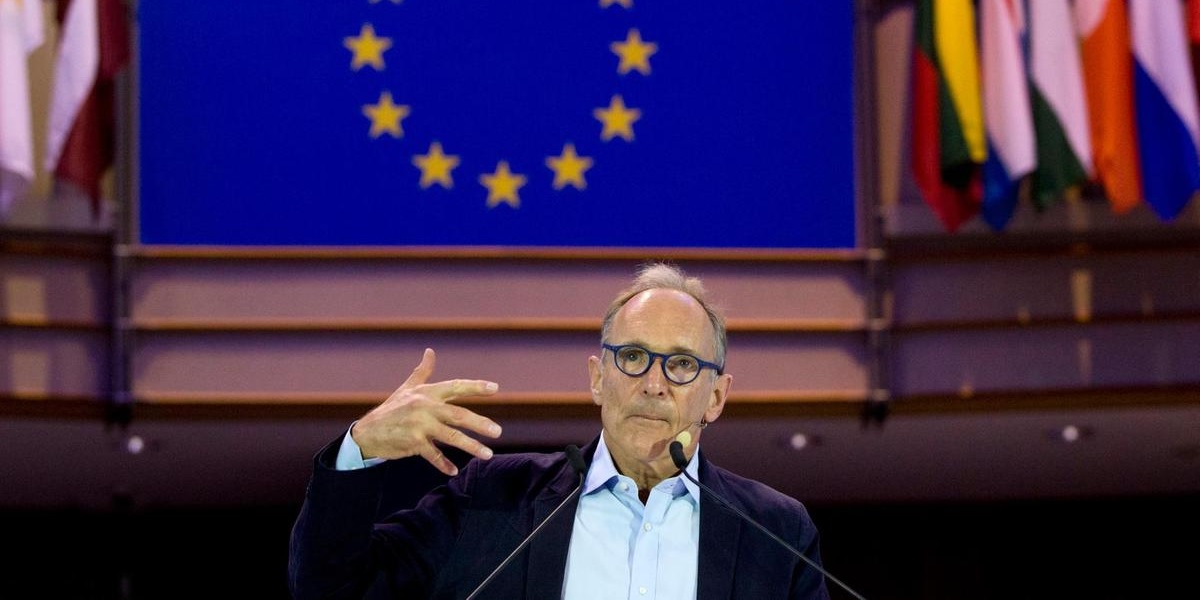
|
|
British computer scientist and inventor of the web has just launched a global plan to save it.
Sir Tim Berners-Lee on Monday launched the World Wide Web Foundation’s ‘Contract For The Web’, a plan that lays out a set of core principles and a road map for business, government and individuals to follow. He says such a concept is urgently needed to save the web and help prevent humanity sliding into a new age of ‘digital dystopia’. So, why is it that Berners-Lee thinks the world wide web needs saving?
Regardless of how much time you may personally spend browsing the web, it is now fundamental to life as we know it. Over the past 30 years, the world wide web has truly changed the world, helping to democratise access to information and education, accelerating global scientific progress, enabling the development of numerous other digital technologies, becoming the biggest driver of the global economy and even helping humanity to develop a broader understanding of itself.
The vision of the academic, scientific and technology communities that built the web was always to create an open and neutral system, available to all. However, according to Berners-Lee, the web now comes under increasing attack from government and commercial interests, threatening its neutrality, freedom and universal access.
In some respects, this has always been the case. In the 1990s, some governments were more enthusiastic than others in allowing public access to the internet to begin with. Many government officials and politicians had concerns about the perceived dangers of the web, such as use by organised crime, terrorists, political activists or publishers of pornography.
Business has also long influenced usage of the web and has been a deciding factor in the rate of internet adoption. The capitalist nature of the internet’s global roll-out is a primary reason why more than half of the world’s population is still offline. For those fortunate enough to be online, their web experience is heavily influenced by huge investment promoting commercial interests.
So, given that the web has already been shaped by long standing commercial and government interests, what’s the impetus that has led to the heightened concern and the Web Foundation’s global action plan?
Berners-Lee maintains that never before has the web’s power for good been under more threat and that it has now reached a tipping point from which it could very well descend into dystopia. Firstly, with 46 per cent of the world’s population still unable to access the internet, he believes the digital divide threatens to be one of the greatest sources of equality in our time.
This story was first published by The National
by Carrington Malin
Carrington Malin is a UAE-based marketing and communications professional, consultant, entrepreneur and writer with many years experience of building brands, driving growth and leading high-performance teams. He has worked with a wide range of high-growth, technology and tech-driven ventures across ecommerce, consumer products, digital services, B2B, media, software, hardware and other sectors. These days he focuses mainly on emerging technology ventures related to artificial intelligence (AI), augmented reality (AR) / virtual reality (VR), blockchain, drones, Internet of Things (IoT), robotics and smart cities.


